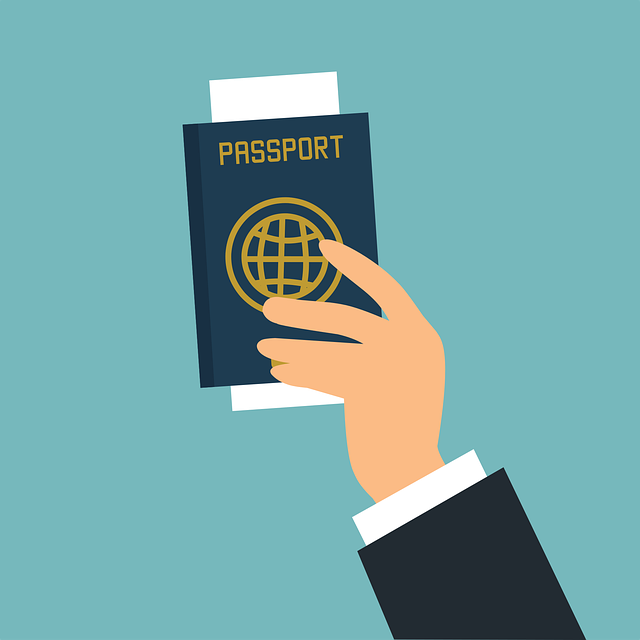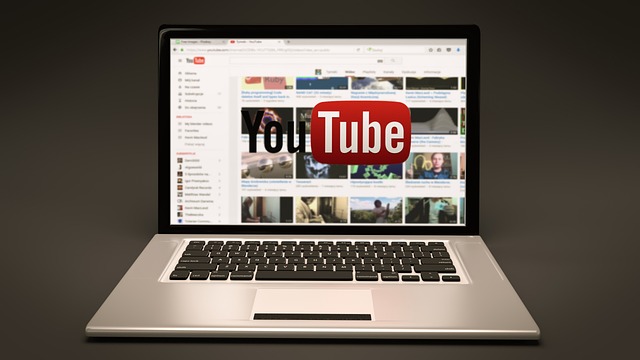The FBI is issuing a new warning for travelers to avoid using public charging stations such as those found in airports, the LA Times reports. Certain travel hubs provide charging stations, which can include cables to directly charge your phone. A smartphone is almost a requirement to travel quickly and painlessly, as it can hold a digital boarding pass, keep track of travel schedule, pay for incidentals, and even serve as an ID if traveling domestically and being from a state which offers a digital drivers license. And this isn’t even mentioning how smartphones keep travelers entertained.
Avoid using free charging stations in airports, hotels or shopping centers. Bad actors have figured out ways to use public USB ports to introduce malware and monitoring software onto devices. Carry your own charger and USB cord and use an electrical outlet instead. pic.twitter.com/9T62SYen9T
— FBI Denver (@FBIDenver) April 6, 2023
Phone charging cables serve two purposes, both charging and transmitting data. A malicious actor that could get control of a public charging station could inject malware into phones, holding personal data for ransom or selling it. Another way to circumvent this threat is to get a charging-only cable, which prevents any data transmission to and from a plugged-in phone.
To be prepared for traveling, consider bringing your own charging cables, power bases, and even a portable battery. Having key information written down on paper can seem old-fashioned, but it could save your travel plans if your phone still runs out of juice.










I carry 2 fully charged portable power packs, a power only USB cable and a outlet adapter. In the unlikely event I ever use a public charging station, it will never know it is connected to anything with more data than my book-light.